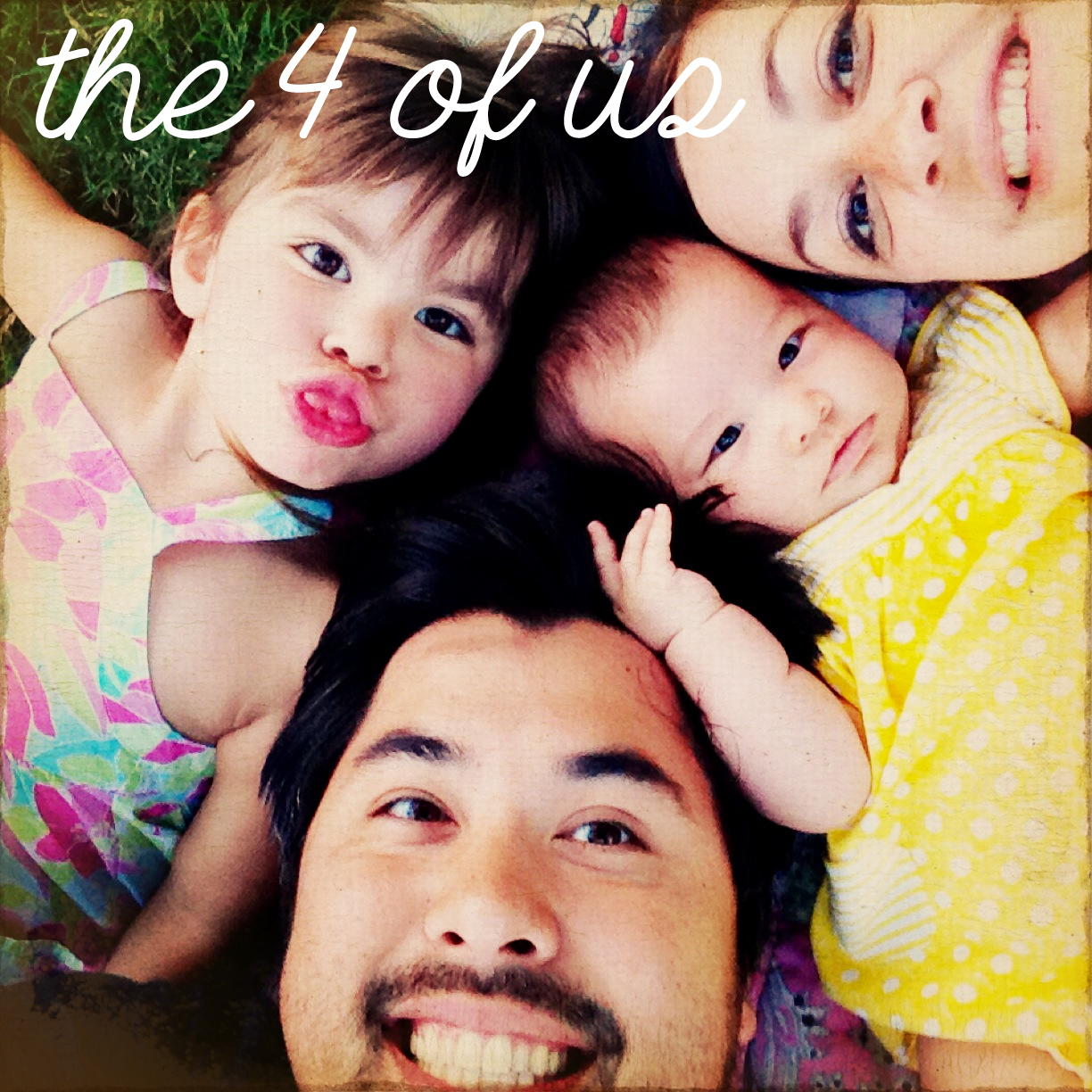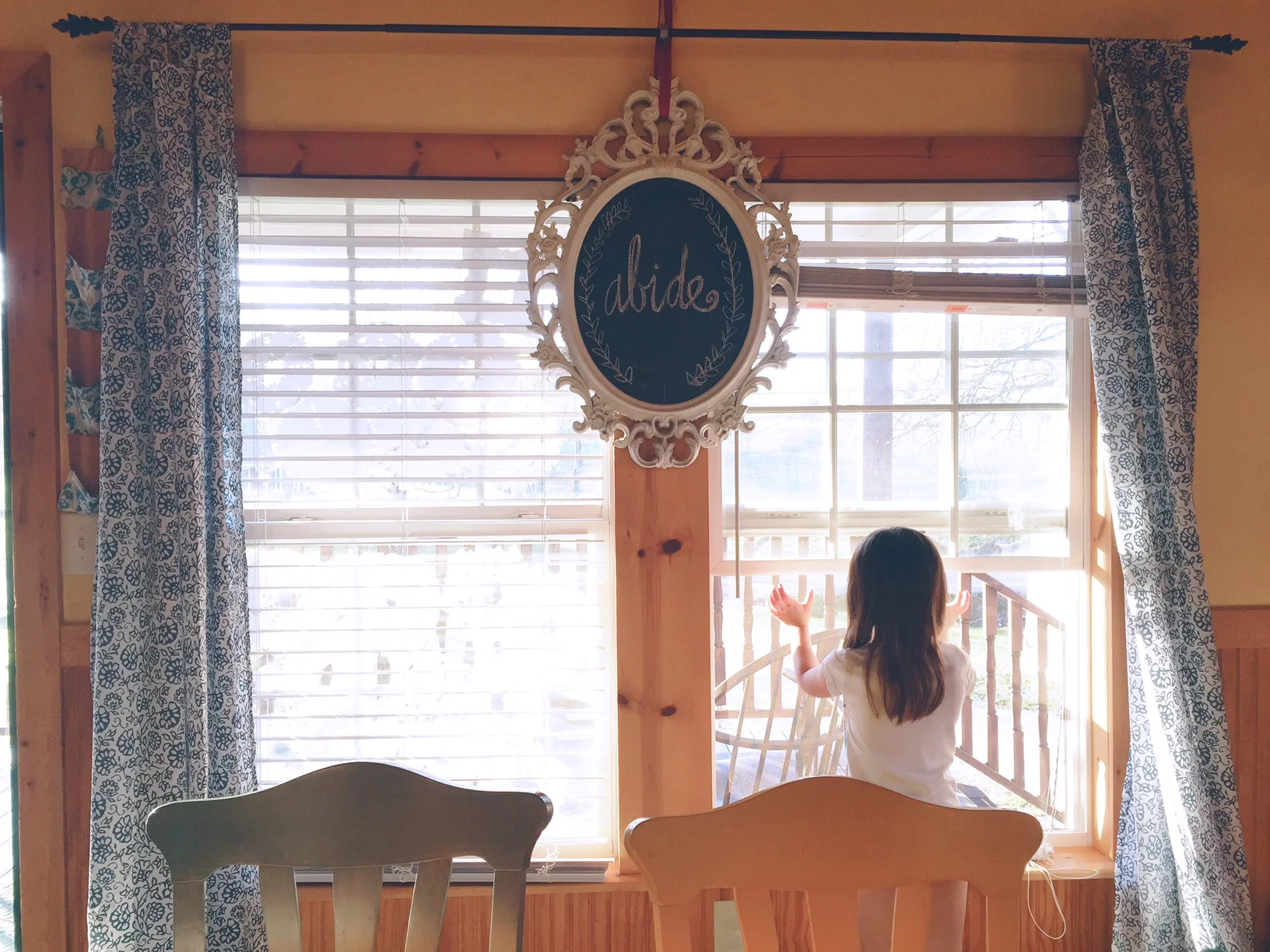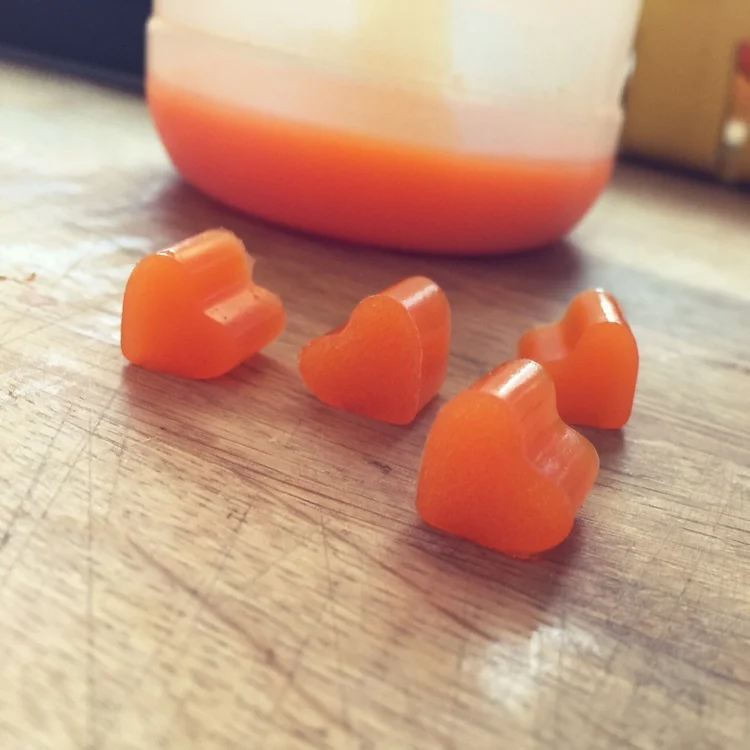Serve God, Save the Planet.
/
"Some people, in order to discover God, read books. But there is a great book: the very appearance of created things. Look above you! Look below you! Read it. God, whom you want to discover, never wrote that book with ink. Instead, He set before your eyes the things that He has made. Can you ask for a louder voice than that?"~ St. Augustine
 As I was just sitting outside on the sunny front steps reading this St. Augustine quote, one of the largest and loveliest butterflies I have ever seen flitted into view, practically skimming the tip of my nose. It was yellow and black with "tails" coming off its wings - a Tiger Swallowtail, apparently. Beautiful. How about that, loud voice of God?
As I was just sitting outside on the sunny front steps reading this St. Augustine quote, one of the largest and loveliest butterflies I have ever seen flitted into view, practically skimming the tip of my nose. It was yellow and black with "tails" coming off its wings - a Tiger Swallowtail, apparently. Beautiful. How about that, loud voice of God?
As part of my Year of Reading and Writing, I just completed the book Serve God, Save the Planet by J. Matthew Sleeth, MD. It's prompted me to think more about my role as a believer in God and how I am responsible for taking care of creation. While I don't agree with every single thing Sleeth said or really adore his writing style, there were a lot of useful and truthful tidbits within its pages.
Lately, it's making more and more sense to me that if I love God {which I do}, then I should love all the things God loves. He created water and sky and ground and vegetation and animals, and of course, human beings, who seem to be the most difficult to love. {I don't see anything about houseflies, though, which is good.}
While the whole "green movement" may be popular right now, it doesn't seem to be as popular among Christians, which is baffling to me. If we believe God created all these things, shouldn't we be the first ones to step out, to protect the earth, to consume less of these precious resources?
Some say, "Why should I care about the earth? It's all gonna burn one day." But that statement really gets under my skin. I don't know exactly what's going to happen in the "end times" or if we're even living in the "end times" right now. Regardless, when God created in Genesis 1, it was a blessing. And it was meant for the provision and enjoyment of humankind. How can we find grounds to abuse it?
 gazania in my back yard
gazania in my back yard
- Sold 1 car, so we're now a 1-car family.
- Ride my bike to my friends' houses nearby rather than drive {besides, it's a necessity when my husband has the car all day!}
- Do more outdoor, free activities with friends, such as taking a walk or going to the park.
- Turned off the "heated dry" option on the dishwasher, and only use the dishwasher when we have a ton of dishes or when things are really dirty. Hand wash as much as possible.
- Shower less - hee hee.
- Keep the air on the highest {summer} or lowest {winter} setting possible and use fans.
- Use non-toxic cleaning supplies so I'm not putting chemicals in the ground water. {You can pretty much clean anything with baking soda, white vinegar, and orange or tea tree oil.}
- Buy as much food as possible from local farms, including produce, meat, and dairy - and only farms that use sustainable practices and no harmful chemicals, pesticides, hormones, etc.
- Unplug appliances when we're not using them {could be better about this}.
- Use candles for light at night, or only have a dim light on in the room we're using.
- Only occasionally watch TV.
- Shop more at thrift stores or on other peoples' curbs.
- Skoy! For only $5.99, I bought 4 of these cloths made from natural cotton and wood pulp. Just one cloth replaces 15 rolls of paper towels!!! And you can wash them and use them over and over.
- Recycle and compost everything possible!
- Thinking about switching to a clothesline when it's nice outside instead of the dryer.
- Not using heat this winter? Use electric space heaters as much as possible.
- Turn off automatic ice maker in fridge. Did you know it pretty much runs all the time whether or not it's making ice?
- Find a viable alternative for Ziploc bags. It's just so hard to store lettuce or marinate meats without them.
- Lots more I'm not thinking of right now. I'd love your ideas if you have them! And maybe my list will inspire you too.
"God is not identified with the world, for He made it; but God is not separated from His world, either. For He made it."~ Joseph Sittler
As I type this, I look outside my office window and see that the world echoes His name. Every blade of grass is covered in the golden light of dusk. I think about the layers of a hollyhock bud, the symmetry of daisy petals, the sky around 7:05 in the morning or 6:30 each night in the fall, the peak of a mountain in Colorado...if you can even see that high. It's everywhere. If we do not notice it, we are failing to know a distinct piece of God's nature, or day I say, God Himself. I don't want to lose that, do you?
 hollyhock in las mochas, new mexico
hollyhock in las mochas, new mexico

























